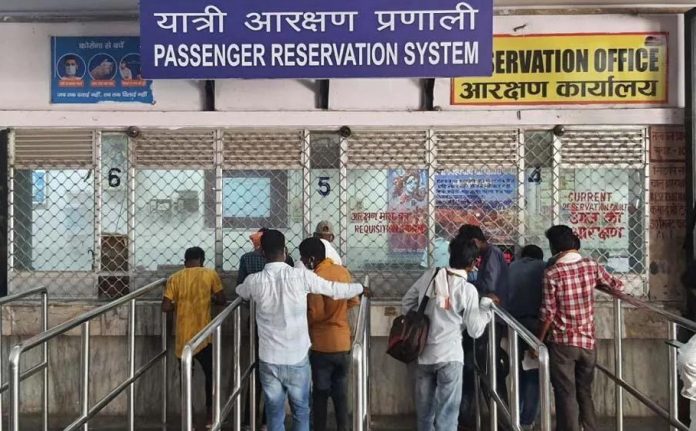In a significant move, the Indian Railway Board has decided to reduce the Advance Reservation Period from the existing 120 days to 60 days. This decision has sparked mixed reactions from passengers. For nearly a decade, the ARP stood at 120 days, allowing travellers to plan their journeys well in advance. The longer window was introduced in 2015 to provide passengers ample time to secure seats, especially during peak travel periods. However, this lengthy reservation period often led to an increase in speculative bookings, whereby passengers would book tickets far ahead, sometimes without finalising their travel plans. This practice not only clogged the reservation system but also deprived genuine travellers of a fair chance to secure seats. The reduction to 60 days might help curb this trend, offering more opportunities for those with confirmed travel schedules. Furthermore, by narrowing the reservation window, Indian Railways may be better positioned to cater to the changing travel patterns that modern lifestyles demand. This move aligns with contemporary travel needs, ensuring that Indian Railways remains competitive with other modes of transport, such as air travel, where booking windows are often shorter.
Nonetheless, certain concerns always remain. For long-distance travellers or those planning vacations during festivals and holidays, a shorter reservation window could create anxiety. Historically, securing tickets during these periods has always been challenging, and reducing the ARP might increase the rush for bookings closer to the date of travel. This could lead to a surge in demand and further strain the already overburdened railway servers. One must also note that the decision does not affect all trains uniformly. Daytime express services like the Taj and Gomti Express already operate under different reservation timelines, and foreign tourists can still book tickets up to 365 days in advance. These exemptions ensure that the needs of different categories of passengers are still taken into account. Ultimately, effective communication, a robust booking system, and a focus on passenger convenience will be critical in ensuring this change benefits all.
Trending Now
E-Paper


